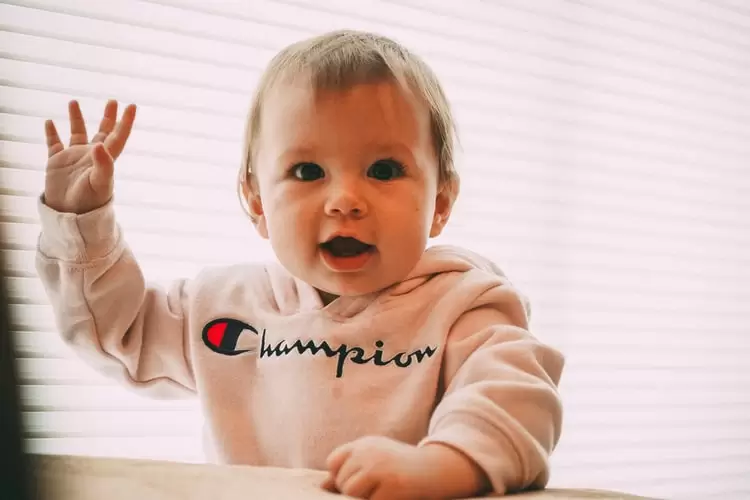
In the exact same way that small children have security blankets or sacred teddy bears, a sort of psychological talisman portending safety via proximity, grown adults use excuses, self-pity, and delusion in similar measure.
Excuses can only go so far for grown adults who won’t help themselves.
Children can’t help themselves. They’re young impressionable, impulsive, and don’t understand the long-term consequences of their actions.
Children require adults to help them, teach them, and show them the right way. Contrary to popular belief, you can’t really control children. You can never know what choices a child will make when they turn a corner and they’re out of your sight.
Yet we hope children will incrementally become mature, wise, learn to take care of themselves, and most importantly, make prudent financial decisions.
We tell children that, “excuses,” won’t cut it. They can, “try,” when they’re toddlers. When they become teens and adults, they must follow through on actions.
The financial mooch, an adult who reverts into semi-childhood and financially depends on everyone around them, develops a mindset that makes them more helpless than a child.

I was a financial mooch. A sponge. What was once referred to as a, “layabout.” A human money leech.
I have written before how over a decade ago, I once depended on relatives and friends to help me after major setbacks in my life.
But I never fully, or truthfully, expressed how I came to feel entitled to that help.
Growing Up Again in Adulthood
I am now a full-time writer. I travel internationally and work remotely. For the first time in my life, I can work on my own terms.
I currently live in a condo. Albeit, a condo in a developing country, but it’s still a condo.
I learned that if you manage expenses, live below your means, and manage expenses according to your needs, instead of wants, then you control your finances and financial future.
Instead of believing that the Gods of personal finances control your fate.
A decade ago, I got divorced, lost my job, and moved back home with my ailing mother. My life had become the world’s most insipid country song.
I had allowed it to become such.
Excuses.
I made excuses about my circumstances, lack of money, and self-induced helplessness to financially depend on everyone I loved like they were the damned, living manifestations of childhood teddy bears.
I become helpless, like a child. Moreover, I understood the long-term consequences of my actions. I just didn’t care.
Excuses.
Numerous relatives warned me that I was wasting my youth, talents, and opportunities to manifest my writing dreams. They warned me and tried to set me on the right path of life.
But I pretended that my life was out of control.
I became incrementally immature by the day and needed more help progressively by the day. Everyone I knew lent me money, fed me, and helped me.
I had become entitled and believed that I deserved such help.
It was a decade ago, but the mindset of a mooch dies hard.
I was ashamed to be a mooch.
It’s a hard word for me to type out on my laptop or even utter aloud.
I was a sponge – a layabout – a human money leech.
A mooch.
A Sponge No More
You know, waiting for one of my paychecks from one of my clients, I once ran out of food in my third world condo.
I didn’t eat a morsel of food for a week and just chugged cold water and waited for my next payday.
I was hallucinating food during that time.
It was an uncomfortable experience. I am not trying to elicit sympathy. There are people who have life experiences much worse than I.
But I didn’t call any of my relatives or friends and ask for help. I did try to get an advance from one of my clients, unsuccessfully, however.
Still, I would rather go a few days without eating than look in the mirror and see an entitled, human sponge staring back at me.
Read More
Never Turn Down an Undesired Job When You Don’t Have One
How Voice Tone Influences Job Interview Results
Loaning Money to Relatives Never Ends Well. I Learned the Hard Way
Allen Francis was an academic advisor, librarian, and college adjunct for many years with no money, no financial literacy, and no responsibility when he had money. To him, the phrase “personal finance,” contains the power that anyone has to grow their own wealth. Allen is an advocate of best personal financial practices including focusing on your needs instead of your wants, asking for help when you need it, saving and investing in your own small business.

